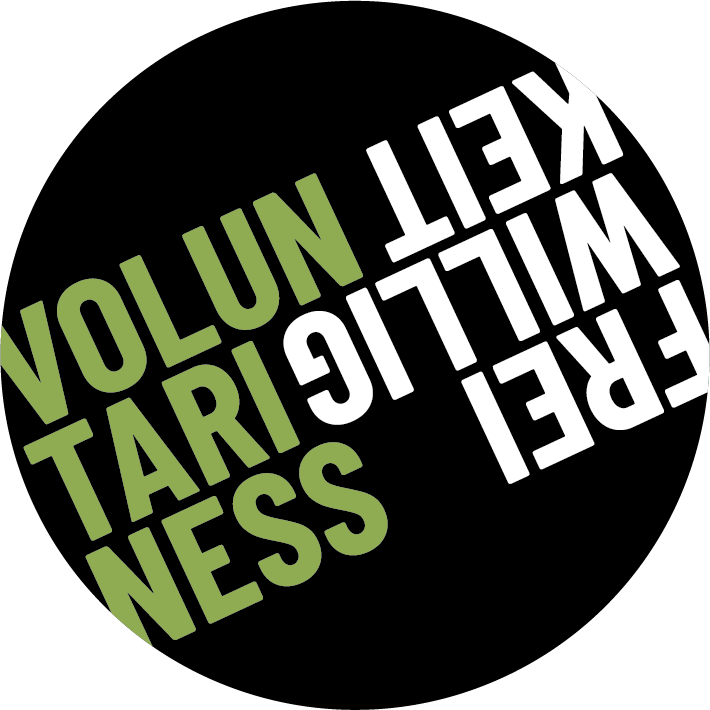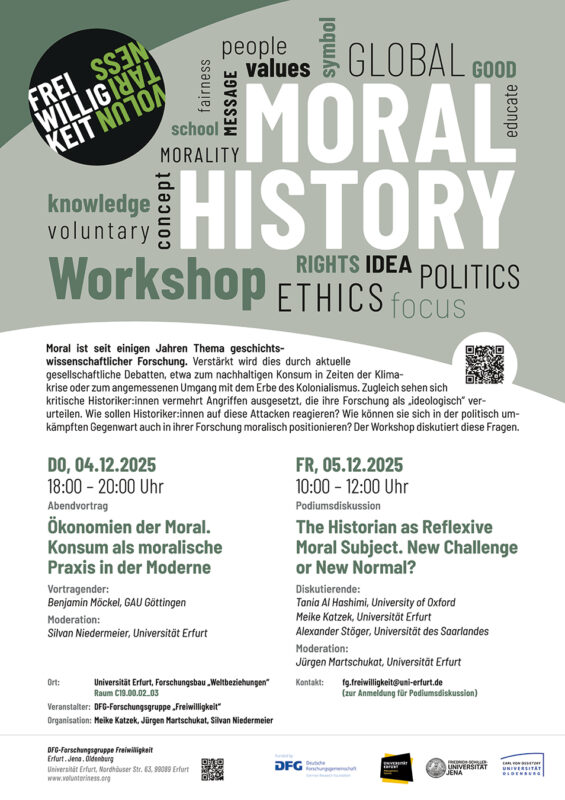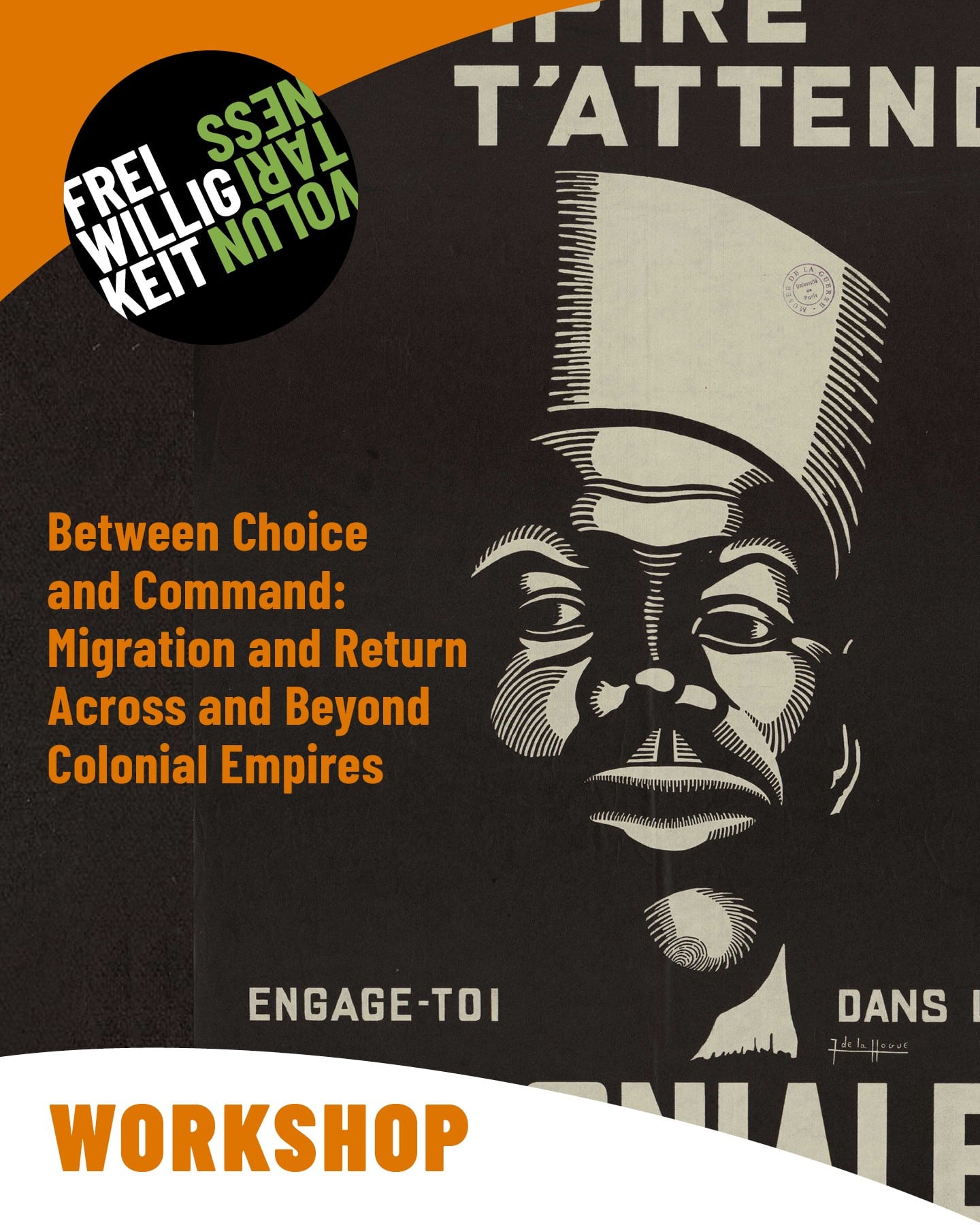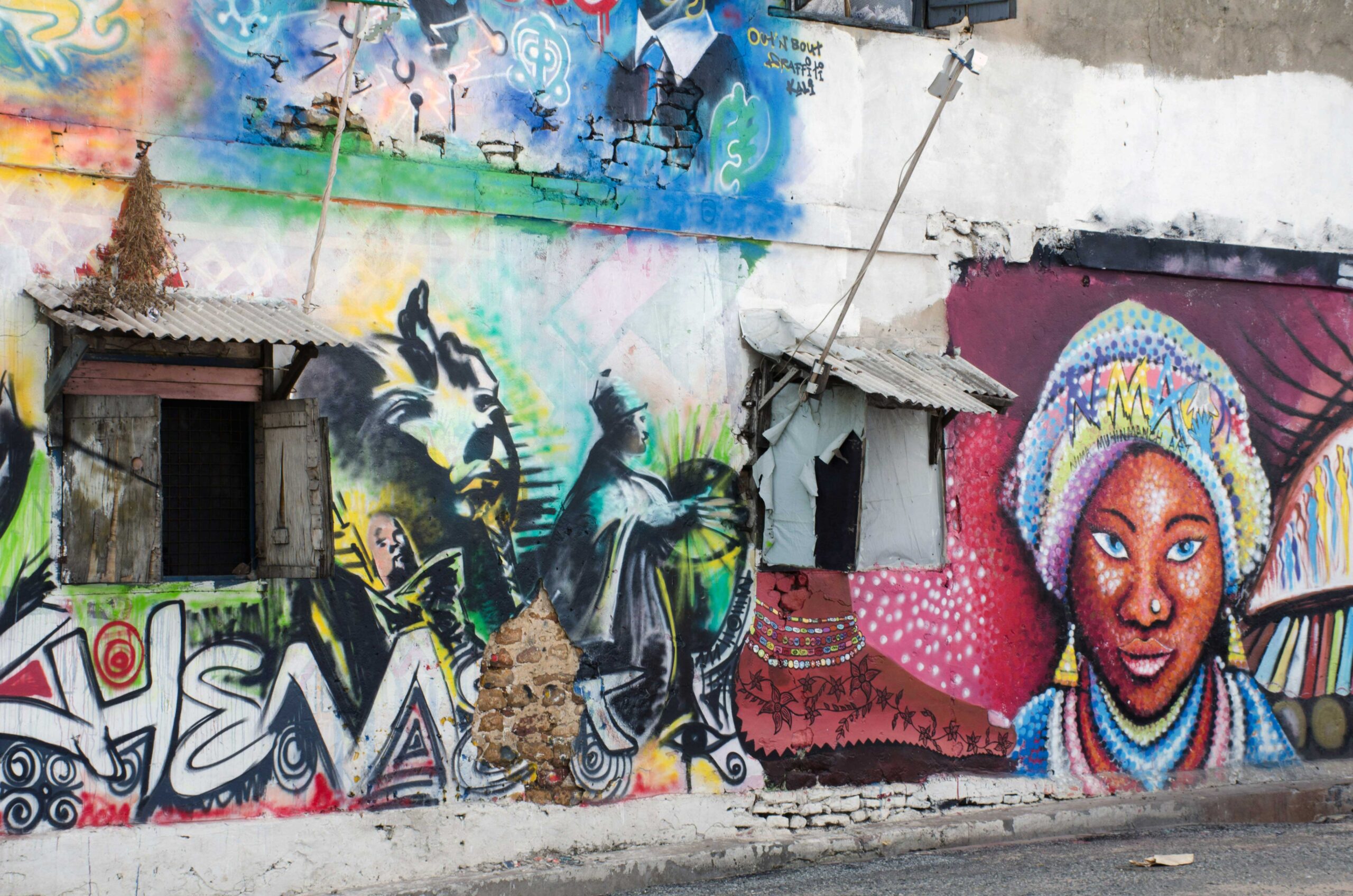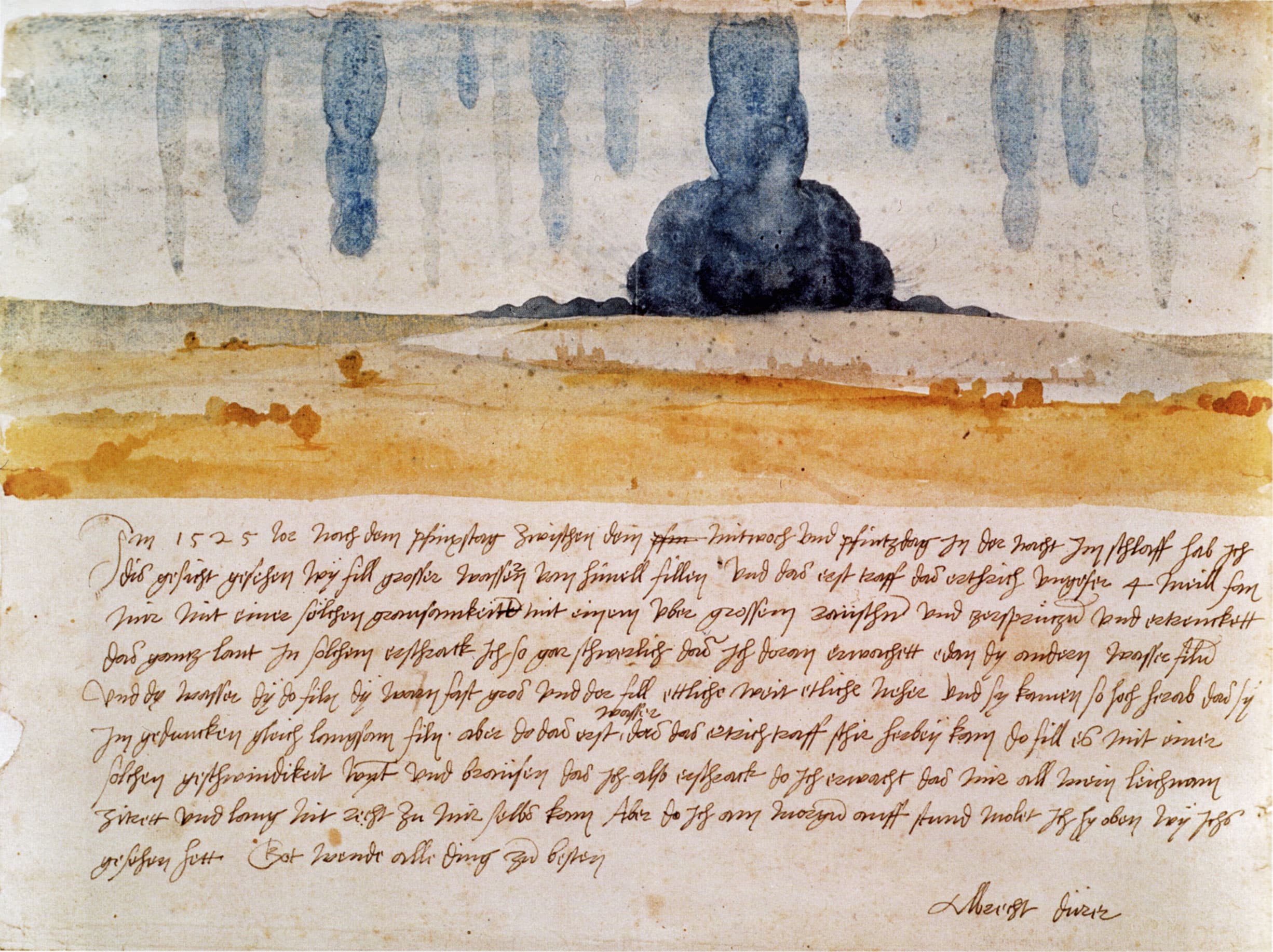Find more information on workshop “Between Choice and Command” here >>>
Find more information on workshop “Unsilenced Voices” here >>>
On December 4 and 5, 2025, a workshop will be focusing on “moral history,” co-organized by Jürgen Martschukat, Silvan Niedermeier, and Meike Katzek. At an evening lecture historian Benjamin Möckel will be talking about “Ökonomien der Moral. Konsum als moralische Praxis in der Moderne.” At a panel discussion on Friday morning, we and several guests will address the question: “The Historian as Reflexive Moral Subject. New Challenge or New Normal?”
The study of morality has been the focus of historical research for a number of years. This development has been reinforced by ongoing public debates, for example on sustainable consumption in times of climate change and environmental crisis or on the appropriate way to deal with the legacy of colonialism. At the same time, critical historians are currently facing more and more attacks that denounce their research as “ideological”. This raises the question of how historians should respond to these attacks and how they can position themselves morally in their research in a politically contested present.
The workshop “Moral History” will discuss these questions in the context of an evening lecture and a panel discussion. It also aims to relate it to questions of voluntariness as a driving force for human action or as an ethical category. On Thursday, December 4, 2025, from 6 to 8 pm (c.t.), PD Dr. Benjamin Möckel will open the workshop with the lecture “Ökonomien der Moral. Konsum als moralische Praxis in der Moderne.” On Friday, December 5, 2025, from 10:00 am to 12:00 pm (s.t.), the DFG Research Unit „Voluntariness“ welcomes the guests Meike Katzek, historian at the University of Erfurt, Dr. Alexander Stöger, historian at Saarland University, and Tania Al Hashimi from the University of Oxford for a discussion of the topic “The Historian as Reflexive Moral Subject. New Challenge or New Normal?”
Everybody interested is cordially invited to attend the event. To take part in the panel discussion, please register with Stefanie Büttner, coordinator of the DFG Research Unit “Voluntariness”, via email to fg.freiwilligkeit@uni-erfurt.de. Texts will be made available to prepare for the panel discussion.
The historian as reflexive moral subject. New challenge or new normal?
In an era marked by a declared “war on wokeness,” academic research has come under renewed political scrutiny. Increasingly, allegations of “ideological bias” or “identity politics” vilify scholars—particularly in the humanities—who engage critically with the historical past and who bring non-Western or marginalized perspectives to the fore. How can historical scholarship prepare for this challenge? Do values and morality inevitably precede historical knowledge production once we acknowledge that truth and objectivity are discursively produced and historically contingent categories? Should historians reflect more deeply on their partial perspectives? Or does the acknowledgment of personal, political, and moral values in their work pose a professional risk?
The panel discussion will approach these questions from three different perspectives. First, the participants will explore the history of the historian as a (reflexive) moral subject and how morality, virtues, and vices in historical scholarship have been constituted, contested, and instrumentalized in the past. Second, they will discuss the historical case study of the Science Wars to historicize allegations of “ideological bias” that were voiced against critical science studies in the 1990s. Third, they will turn to contemporary questions about how historians might position themselves in the current political climate. How can we build our research on, e.g., the unconditional recognition of human rights and still acknowledge their historicity?



